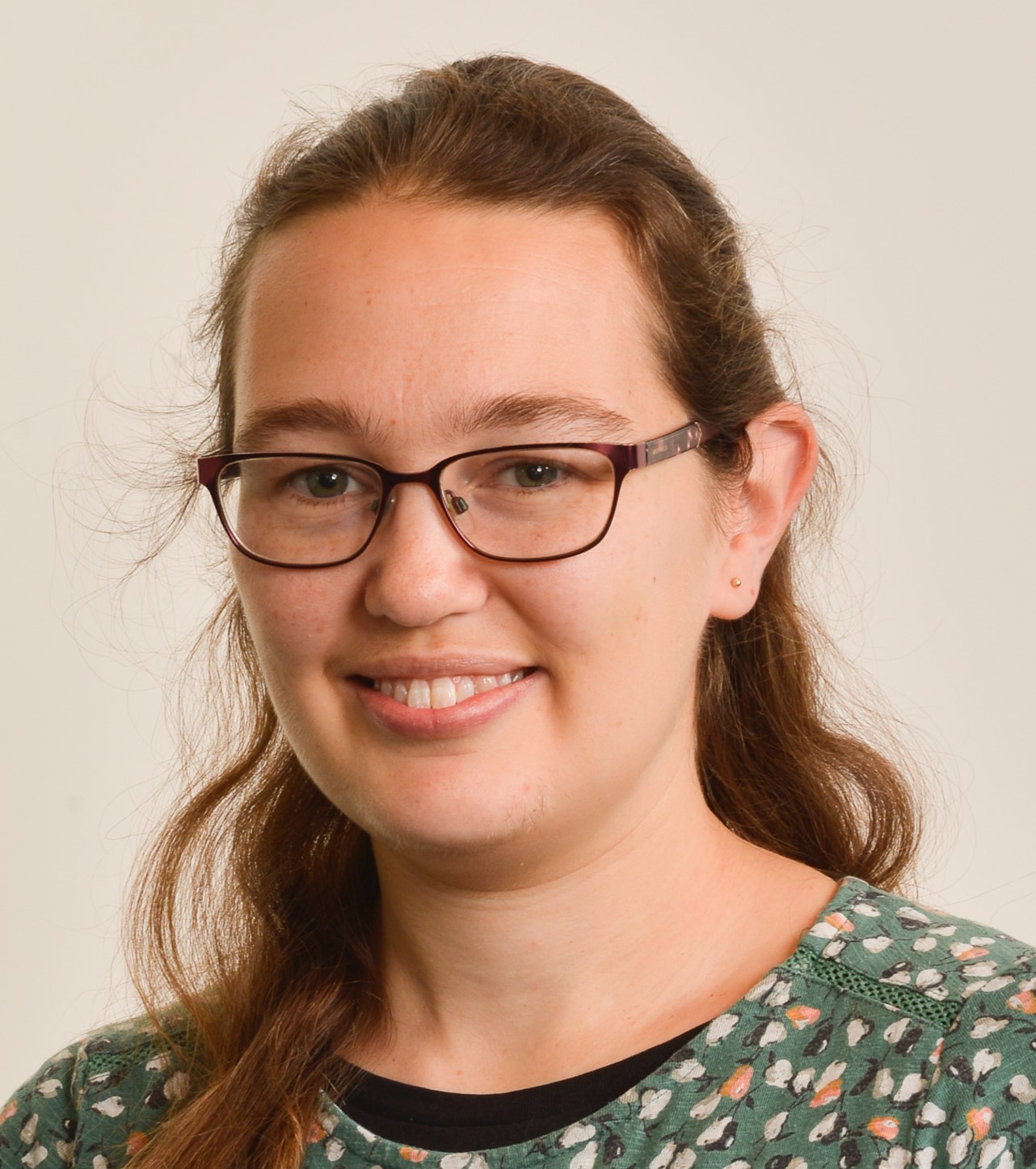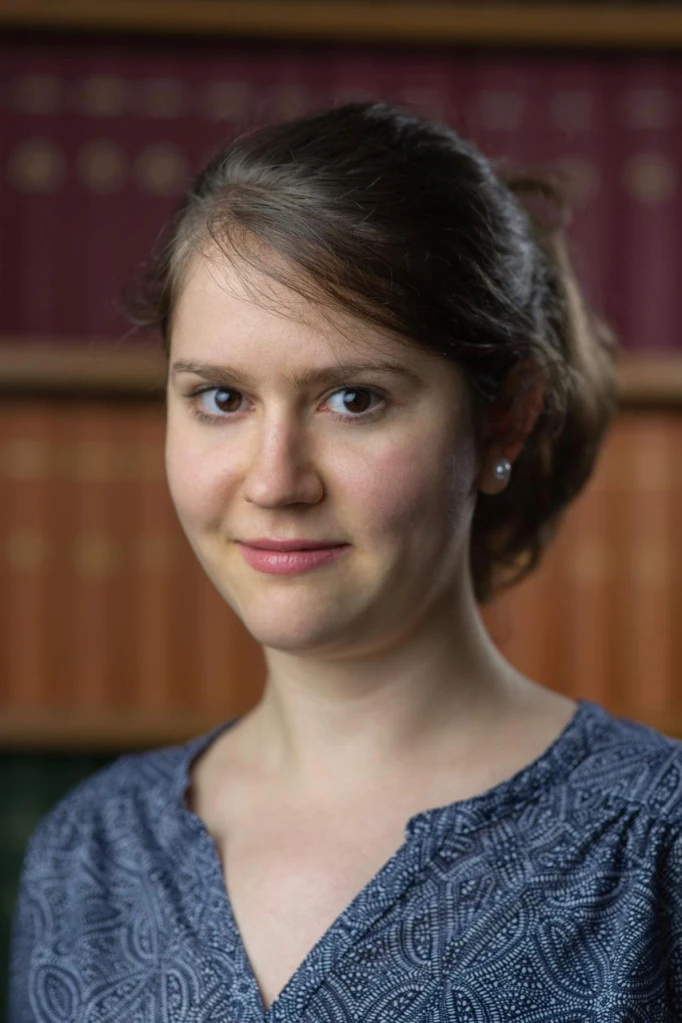Back to publications
Semantic Speech Networks Linked to Formal Thought Disorder in Early Psychosis
Paper Details
Published: 2023/03/22
Journal: Schizophrenia Bulletin
Volume: 49
Number: Issue Supplement 2
Pages: S142–S152
DOI: 10.1093/schbul/sbac056
Background and Hypothesis
Mapping a patient’s speech as a network has proved to be a useful way of understanding formal thought disorder in psychosis. However, to date, graph theory tools have not explicitly modelled the semantic content of speech, which is altered in psychosis.
Study Design
We developed an algorithm, “netts,” to map the semantic content of speech as a network, then applied netts to construct semantic speech networks for a general population sample (N = 436), and a clinical sample comprising patients with first episode psychosis (FEP), people at clinical high risk of psychosis (CHR-P), and healthy controls (total N = 53).
Study Results
Semantic speech networks from the general population were more connected than size-matched randomized networks, with fewer and larger connected components, reflecting the nonrandom nature of speech. Networks from FEP patients were smaller than from healthy participants, for a picture description task but not a story recall task. For the former task, FEP networks were also more fragmented than those from controls; showing more connected components, which tended to include fewer nodes on average. CHR-P networks showed fragmentation values in-between FEP patients and controls. A clustering analysis suggested that semantic speech networks captured novel signals not already described by existing NLP measures. Network features were also related to negative symptom scores and scores on the Thought and Language Index, although these relationships did not survive correcting for multiple comparisons.
Conclusions
Overall, these data suggest that semantic networks can enable deeper phenotyping of formal thought disorder in psychosis. Whilst here we focus on network fragmentation, the semantic speech networks created by Netts also contain other, rich information which could be extracted to shed further light on formal thought disorder. We are releasing Netts as an open Python package alongside this manuscript.
Authors

Sarah Morgan
Cambridge University
Departmental Early Career Academic Fellow, Accelerate Programme

Caroline Nettekoven
University of Cambridge
Postdoctoral Researcher

Kelly Diederen

Oscar Giles

Helen Duncan

Iain Stenson

Julianna Olah

Toni Gibbs-Dean

Nigel Collier

Petra E Vértes

Tom J Spencer


